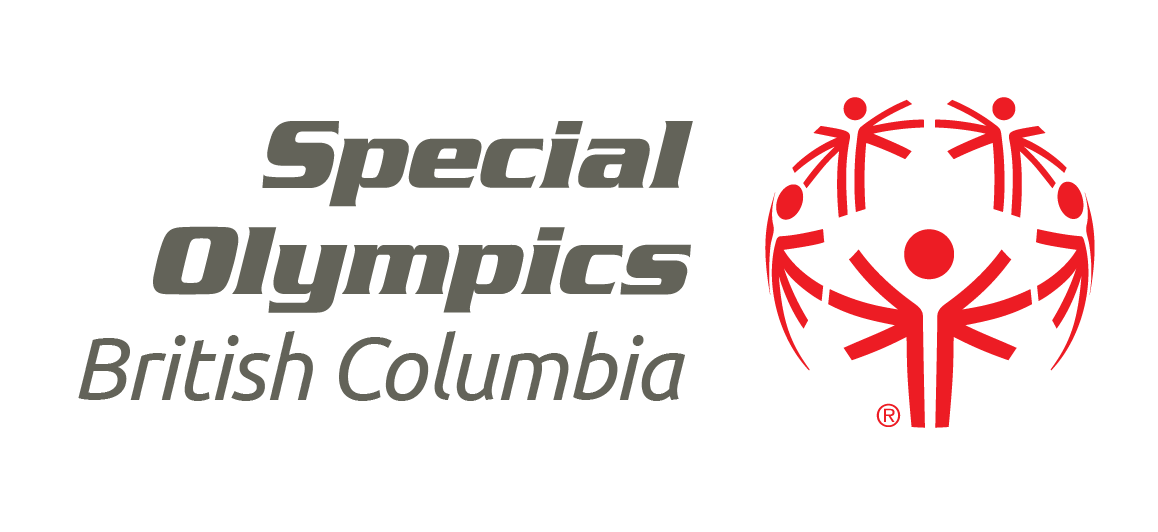Bullying & Harassment
Please click here to find Special Olympics BC's anti-bullying resources for athletes, coaches, and volunteers.
Special Olympics Safe Sport Policies
Special Olympics Canada and its Chapters recognize the development of the Universal Code of Conduct to Prevent and Address Maltreatment in Sport. We are developing a pan-Canadian suite of policies in partnership with the Sport Law and Strategy Group.
As part of Special Olympics BC's commitment to Safe Sport, our staff and leadership have completed safe sport training.
Our policies
- Safe Sport Policy
- Code of Conduct and Ethics
- Discipline and Complaints Policy
- Dispute Resolution Policy
- Appeal Policy
- Athlete Protection Policy
- Performance-Enhancing Drugs or Substances Policy
Our Volunteer Screening
Special Olympics Canada and its Chapters each have adopted comprehensive screening policies to help ensure safe and high-quality program experiences for all athletes. The policies require some individuals to pass a screening process before they are permitted to interact with Special Olympics athletes.
Learn more about SOBC's volunteer onboarding process
TO REPORT AN ISSUE
Our Safe Sport Policy says that anyone involved with Special Olympics BC who wants to report any instance of misconduct or maltreatment should first report it to Special Olympics BC so we can work to resolve the matter.
If it’s not practical or preferred for the person to report the issue to Special Olympics BC directly, the person making the report can bring it to SOBC’s Independent Third Party. The Honourable James Sutherland, a Judge for the Provincial Court of British Columbia, is Special Olympics BC's Independent Third Party. The Independent Third Party will decide what is the best way to proceed to address and resolve the complaint.
Judge Sutherland can be reached at arbitrator.sutherland@gmail.com.
Practice of Two
What is the Practice of Two?
Special Olympics BC strives to work together with coaches, volunteers, athletes, staff, and stakeholders to achieve the Practice of Two, providing support in potentially vulnerable situations. SOBC’s goal is to ensure no one is put in a vulnerable situation, and to provide a safe environment for all in any SOBC program, event, or meeting. Special Olympics BC is working to educate all members all on the Practice of Two and how they can implement this within their sport experience.
How can I apply the Practice of Two in a virtual setting?
Concussion Resources
Special Olympics Canada recognizes that participation in any sport or physical activity has some risk of head injuries, including concussions.
Communicable Disease Prevention Plan
These steps guide all Special Olympics BC programs and events, helping all members protect each other from illness.
Responsible Coaching Movement
Responsible coaching helps coaches to support your participants’ right to a safe, positive environment. Here are some ways to protect your athletes and yourself both on and off the field of play.
CAC Responsible Coaching Movement homepage
viaSport British Columbia Resources
Psychological Safety Resources
How to build psychological safety
Program Quality
As an Accredited provincial sport organization supported by the Government of British Columbia and viaSport British Columbia, Special Olympics BC delivers high-quality sport programs that meet and exceed standards for ethical, safe, inclusive, and quality operations. Accredited organizations are a sport or sport discipline’s authoritative body, operating in at least five regions in B.C., and with responsibility for oversight, growth, and development.

